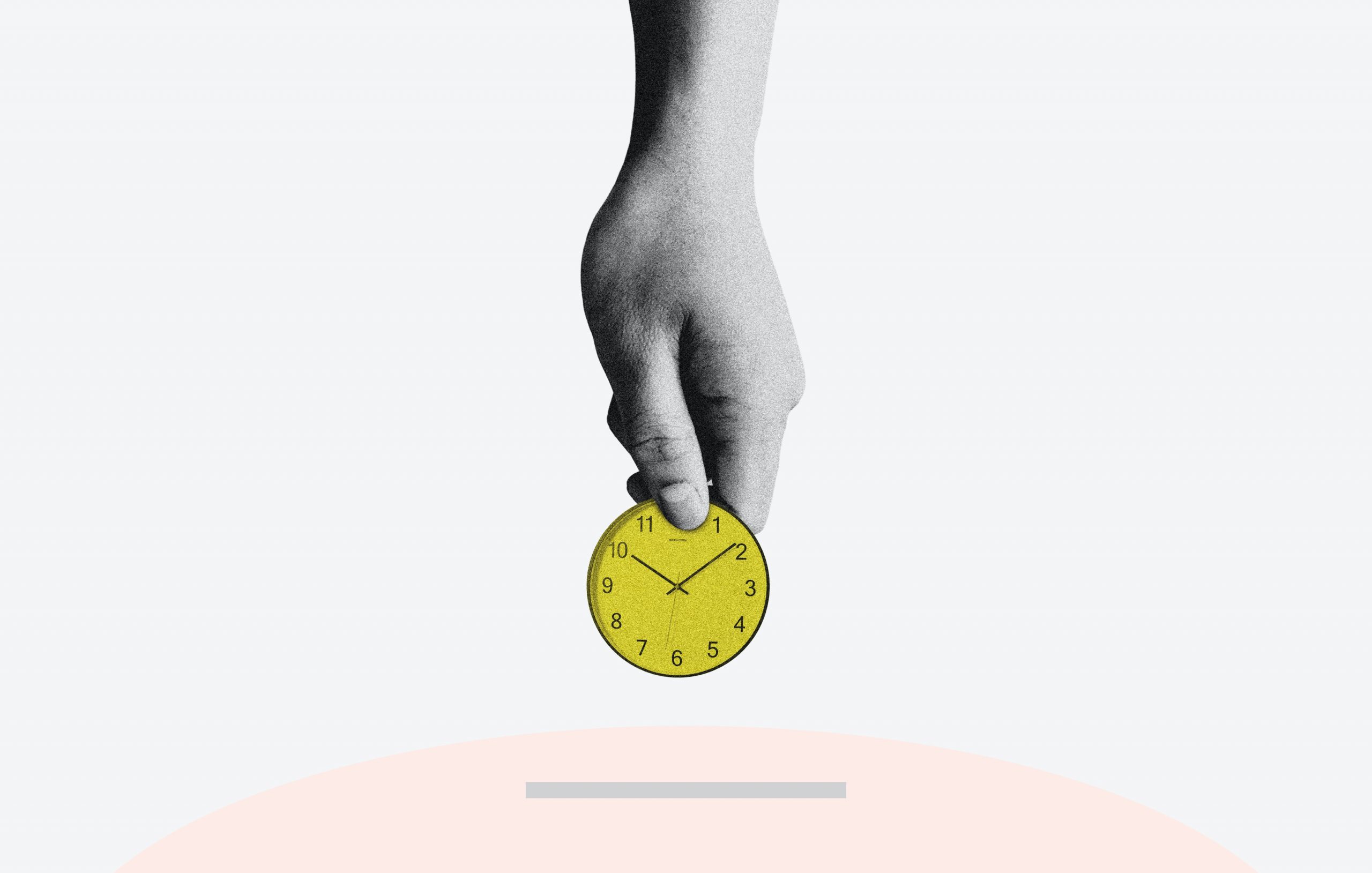
If you look up the word investing in the dictionary, what you’ll find is a narrow definition that basically refers to spending money to hopefully get more money. In my experience, the true investment isn’t money, it’s time.
Why do you go to work? Whether you love your job or not, you’re there to earn money to pay for your needs and wants outside of work. I got my first job at 14 working for our family business and it felt like I never had money. At $8 an hour, I was earning more than most of my peers, my living expenses were still covered by my parents, and yet somehow my paycheck would disappear the moment I deposited it into the bank.
Sound familiar? I think this tale applies across ages and salaries. Even at 22 making $30,000, that was still my reality. There are plenty of adults making $50,000 per year living paycheck to paycheck. If making more money isn’t the solution to breaking the paycheck-to-paycheck cycle, what is?
For me it was a mental shift. Instead of thinking about how much money I was spending, I started thinking about how much time I spent working to earn that money. For example, if I wanted a $45 dress, and I was making $8 an hour, I would have to work five-and-a-half hours to earn it. In reality, it would be even a bit more since I’m talking about before-tax income.
Spending five hours at a job, even one I loved, instead of with my super fine boyfriend (I’m talking about you Mr. Doughmaker) was enough to deter me from spending that $45.
Now let’s examine a bigger number. Let’s say you make $50,000 and want to buy a house. The one you’ve got your eye on is $400,000. You would spend eight years earning enough to pay for the principal alone. That’s approximately 2,080 days of work to buy that house. Maybe that’s worth it, maybe not. If you instead bought a $300,000 house, you would earn that amount in 1,560 days instead. Giving you an extra 520 days or 4,160 hours with your family.
I know this is a simplified example and you may say “well it’s not like I could take those days off anyway” but consider it for the long-term. You wouldn’t be able to take those days off right now but you could retire 520 days sooner; spend 4,160 more hours enjoying that house instead of working.
Another way to consider this concept is a quote I recently saw in an article about financial advice from a father to his daughter*: “Being able to do what you want, when you want, where you want, with who you want and for as long as you want provides a lasting level of happiness that no amount of “fancy stuff” can ever offer.” Investing your financial resources now will hopefully one day give you that kind of freedom.
I value my time more than anyone else and you should value your time more than anyone else too. In the grand scheme, the currency of time far exceeds any dollar amount so spend it wisely.
